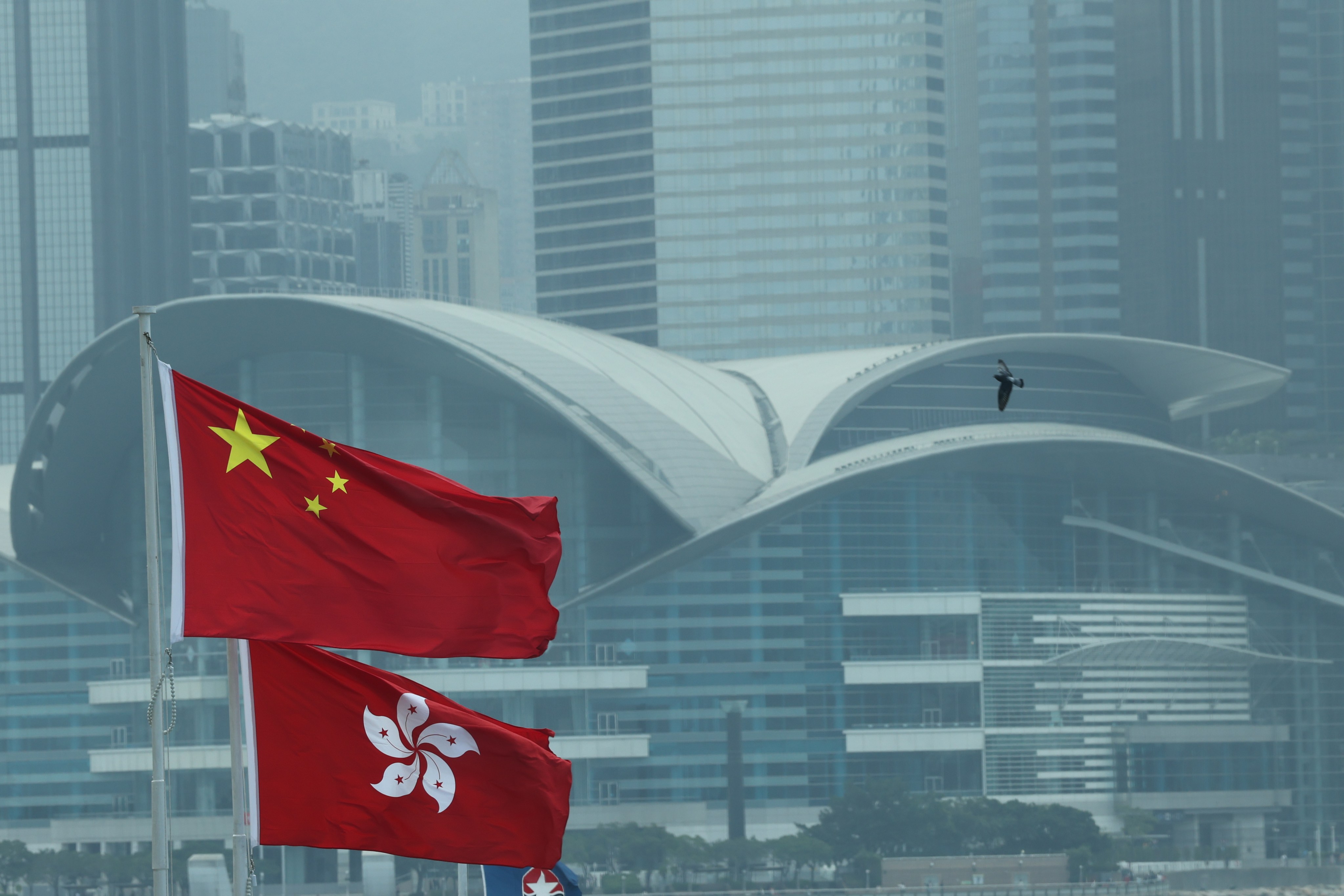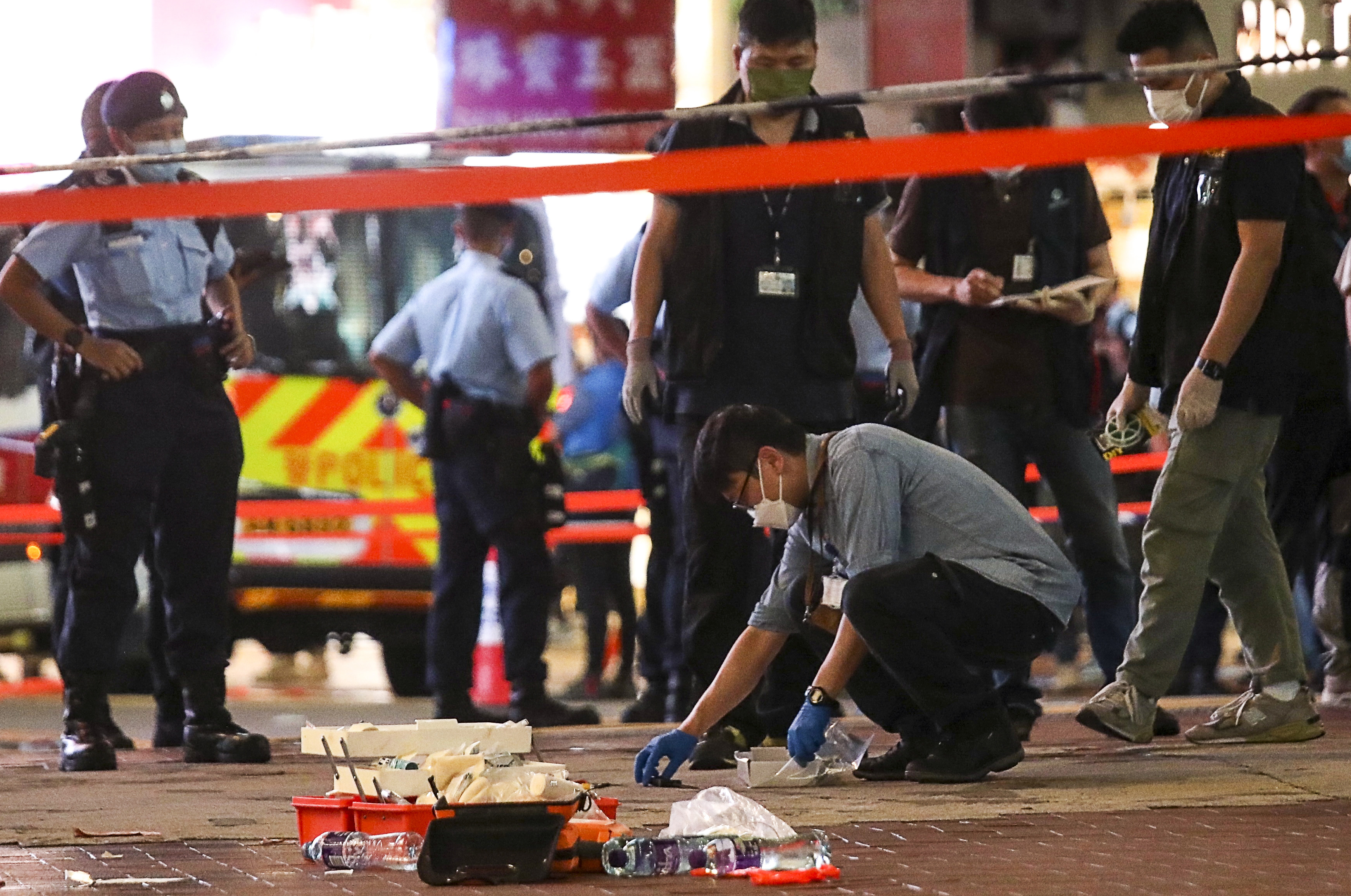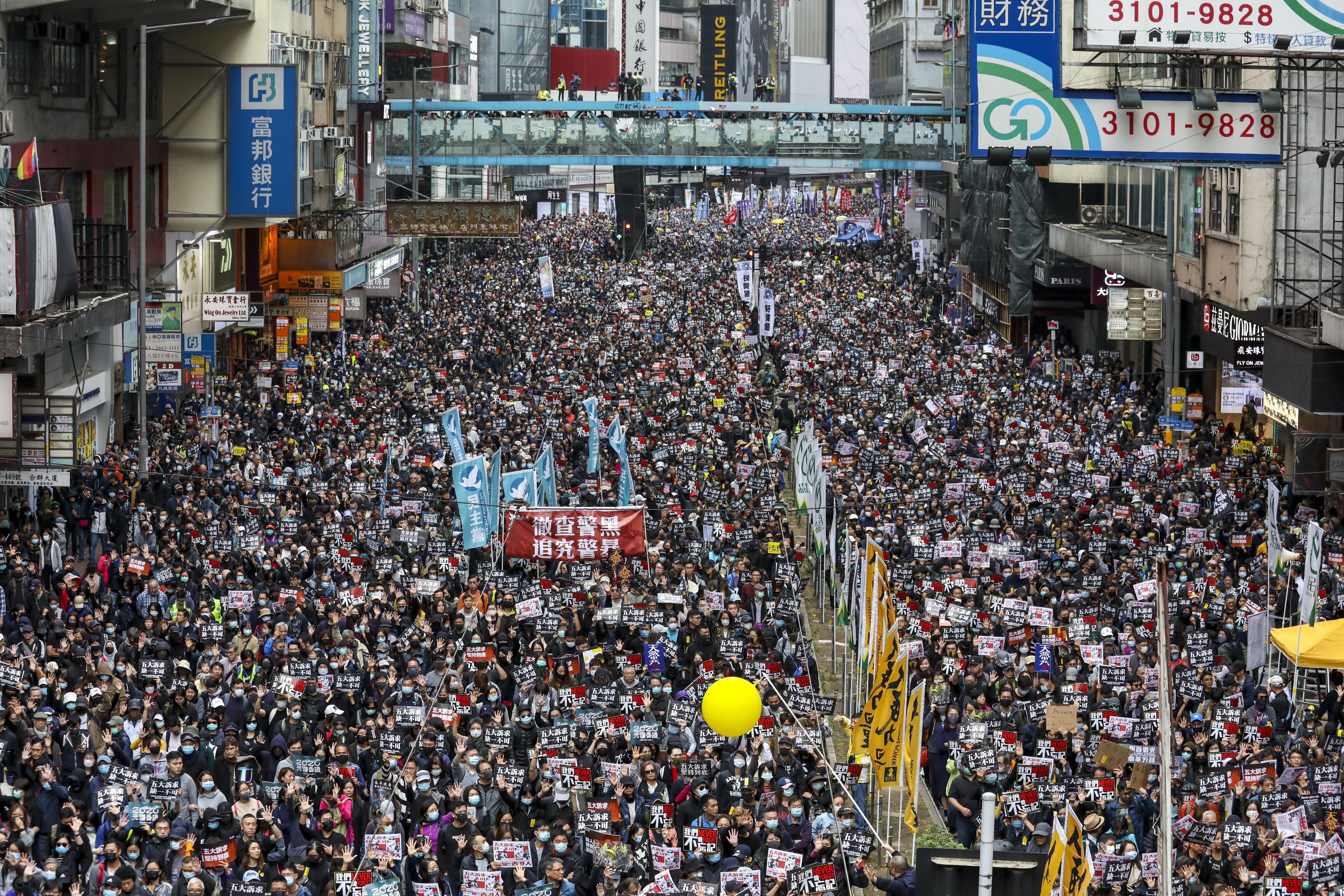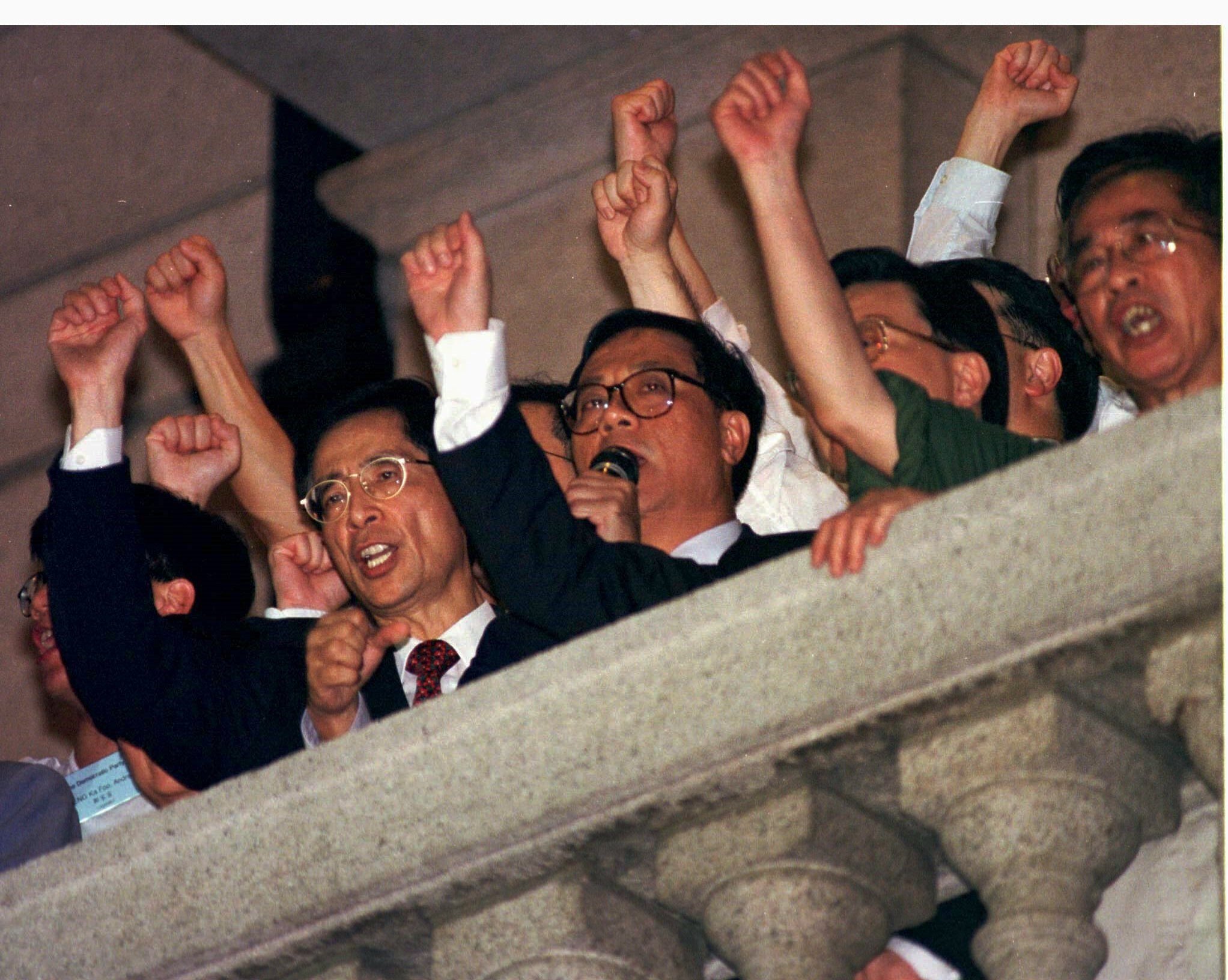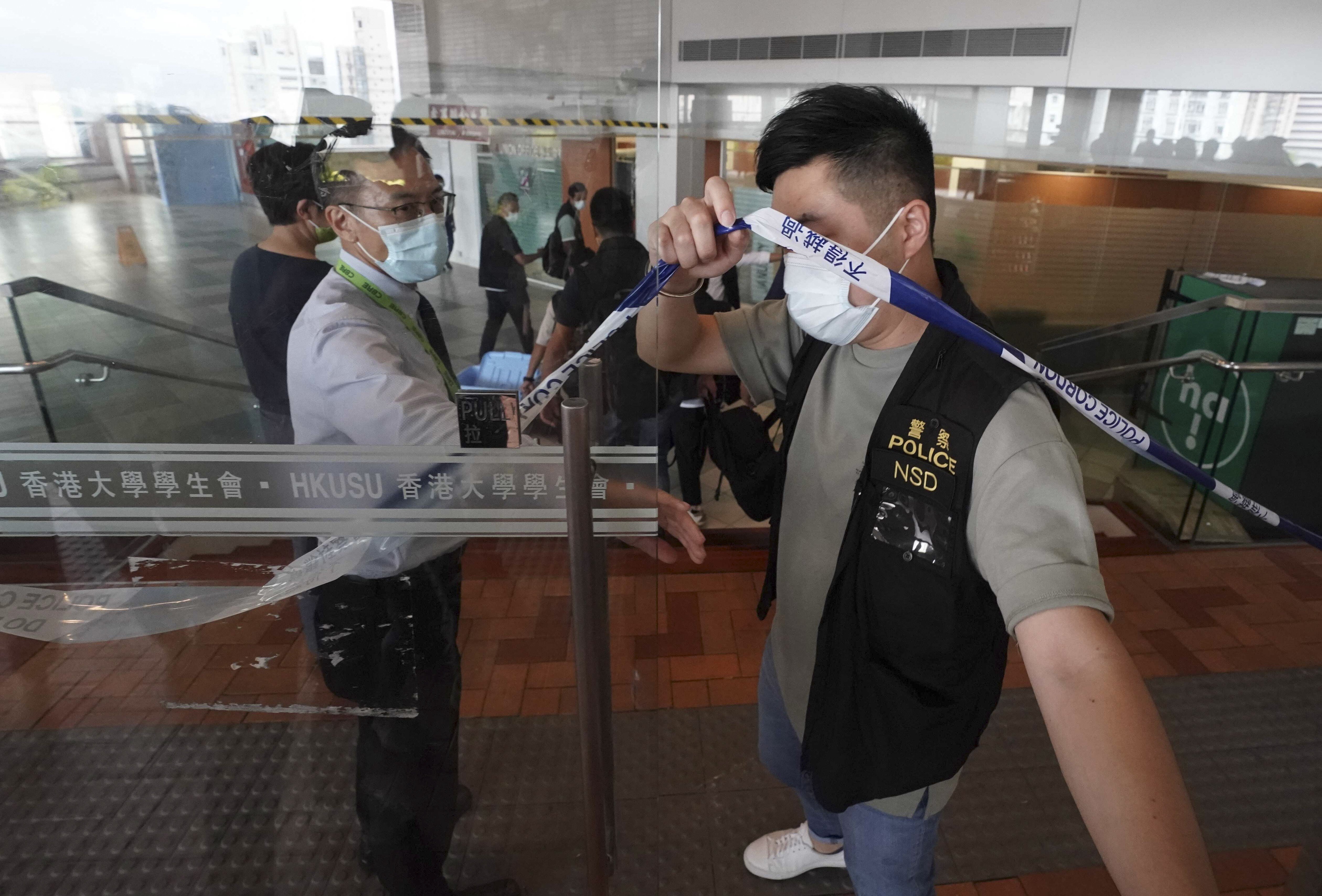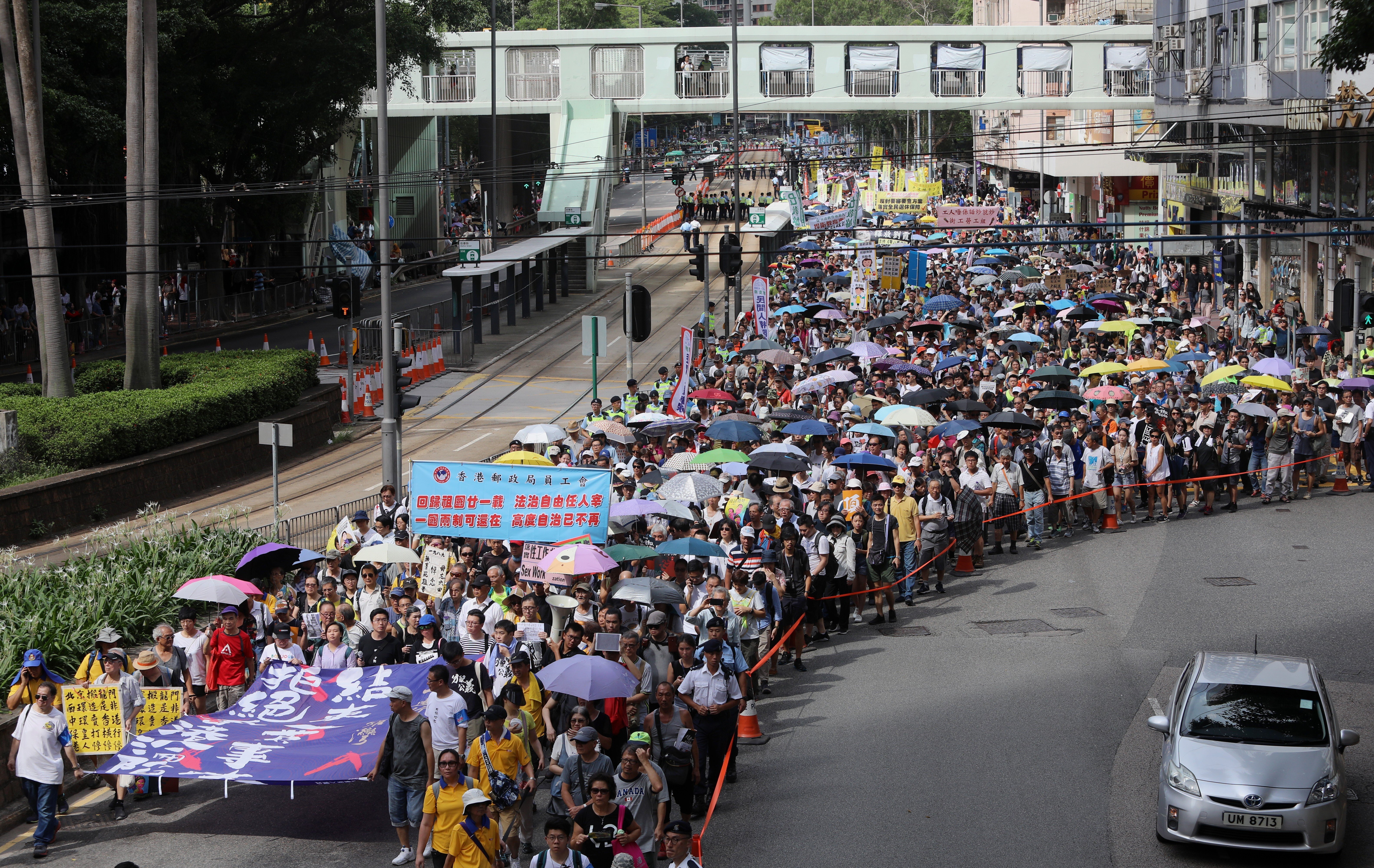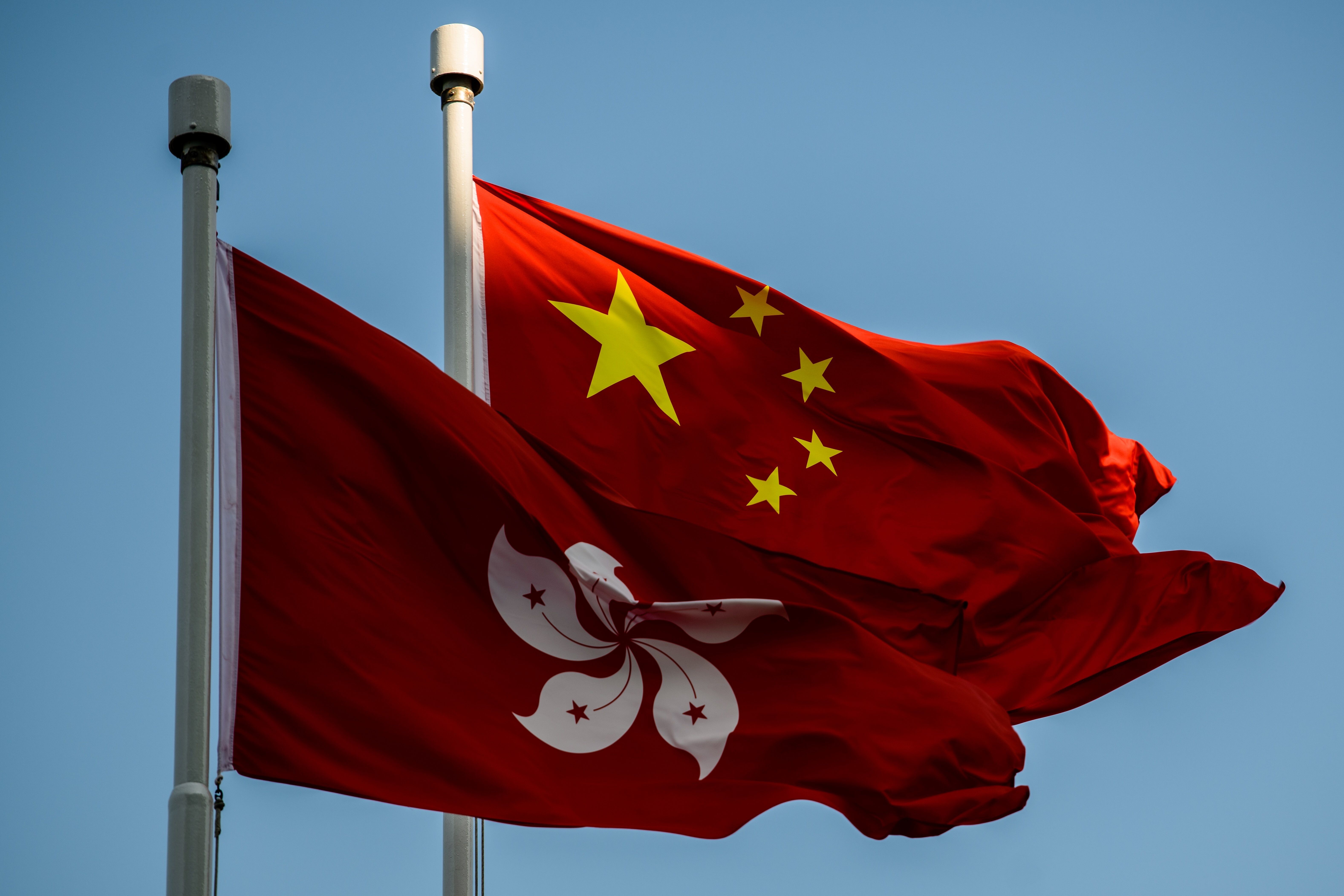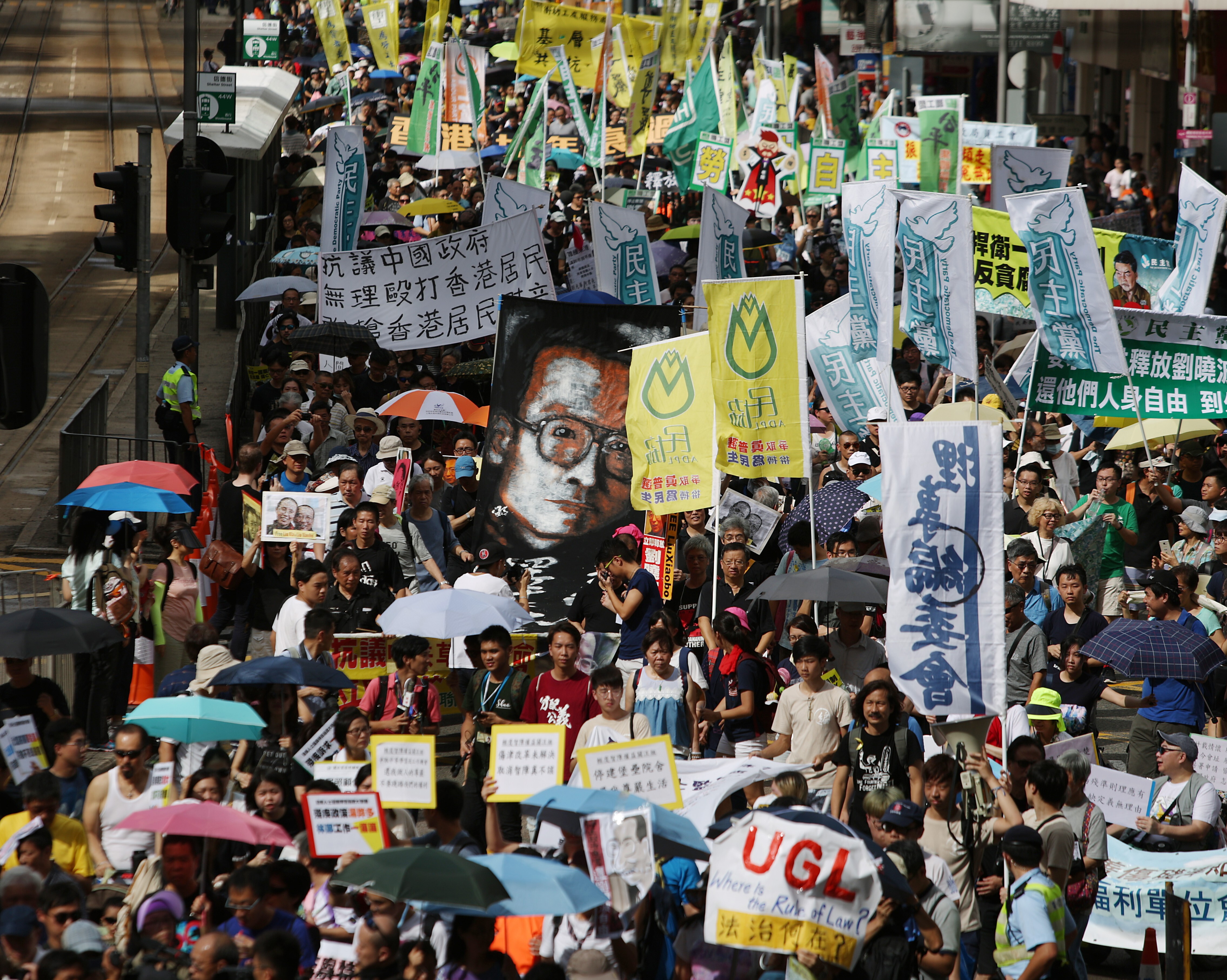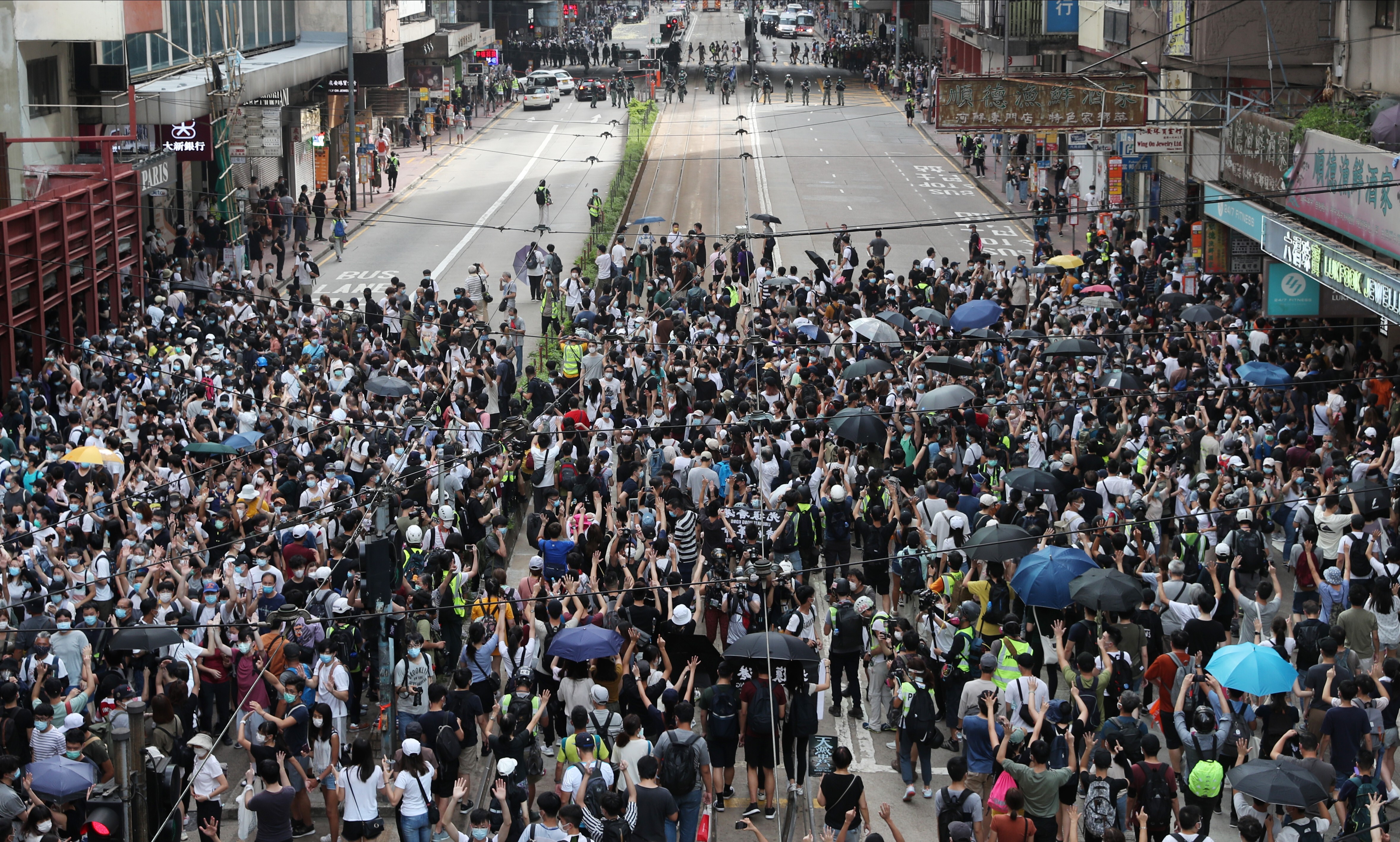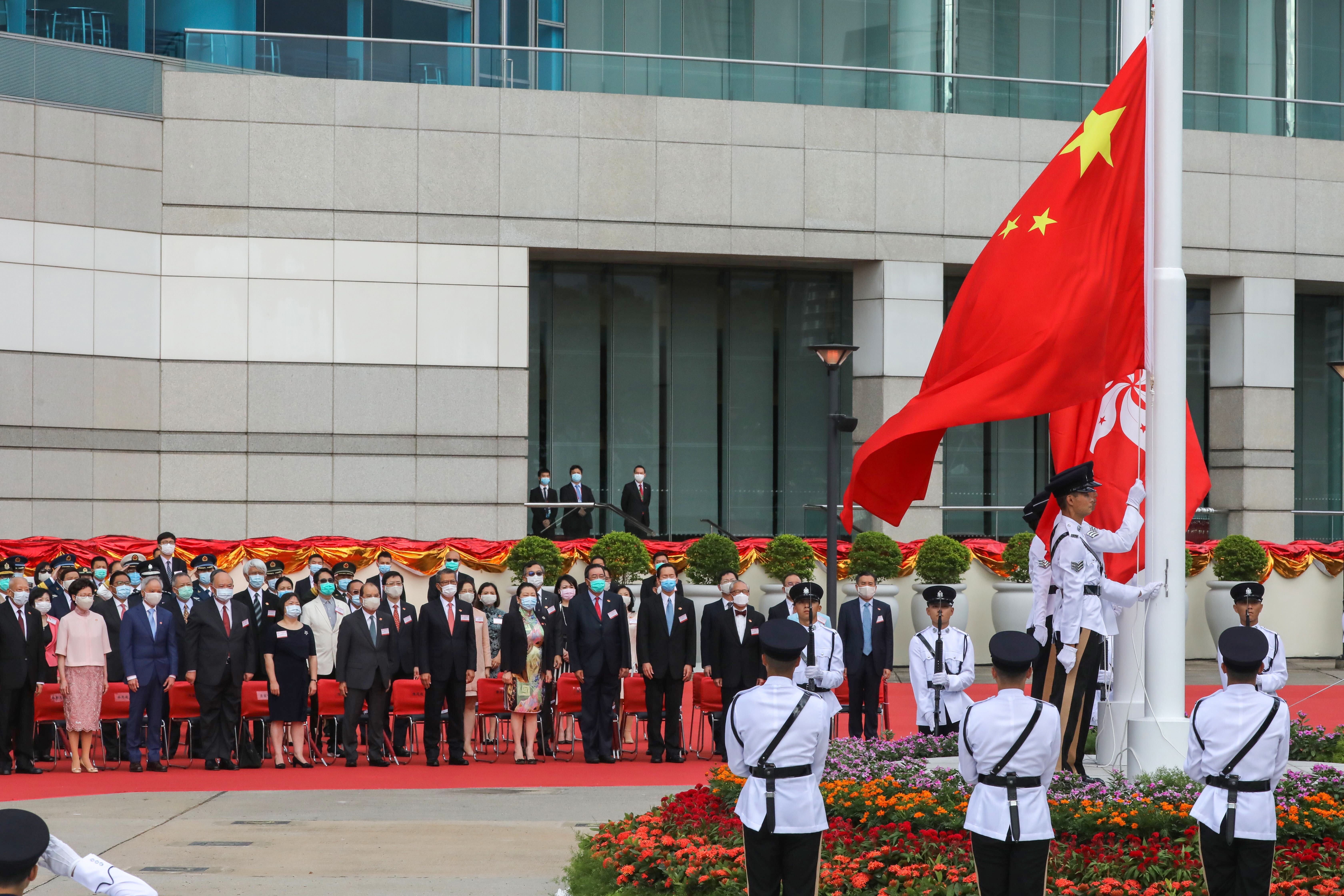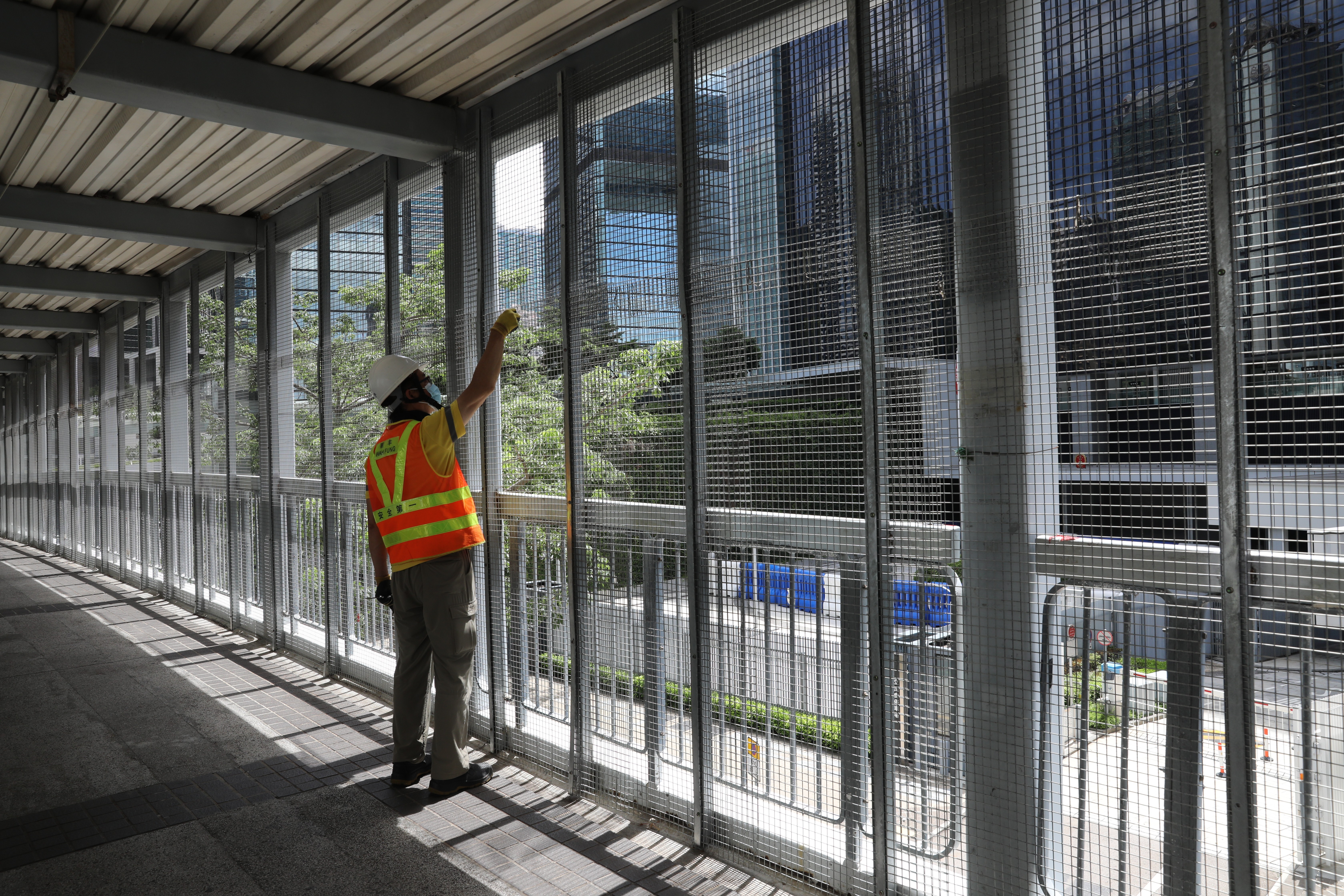TOPIC
July 1 march
July 1 march
The annual July 1 march in Hong Kong marks the handover of the British colony to Beijing that took place in 1997. The peaceful demonstration has become a rallying point for the city's pro-democracy activists. It captured the public's attention in 2003, when half a million people marched, angered by proposed national security legislation under Article 23 of the Basic Law.
Advertisement
Advertisement
Advertisement
Advertisement
Advertisement
Advertisement
Advertisement
Advertisement
Advertisement
Help preserve 120 years of quality journalism.
SUPPORT NOWAdvertisement
Advertisement
Advertisement
Advertisement
Advertisement
Advertisement
Advertisement
Advertisement
Advertisement
Advertisement
Advertisement
Advertisement
